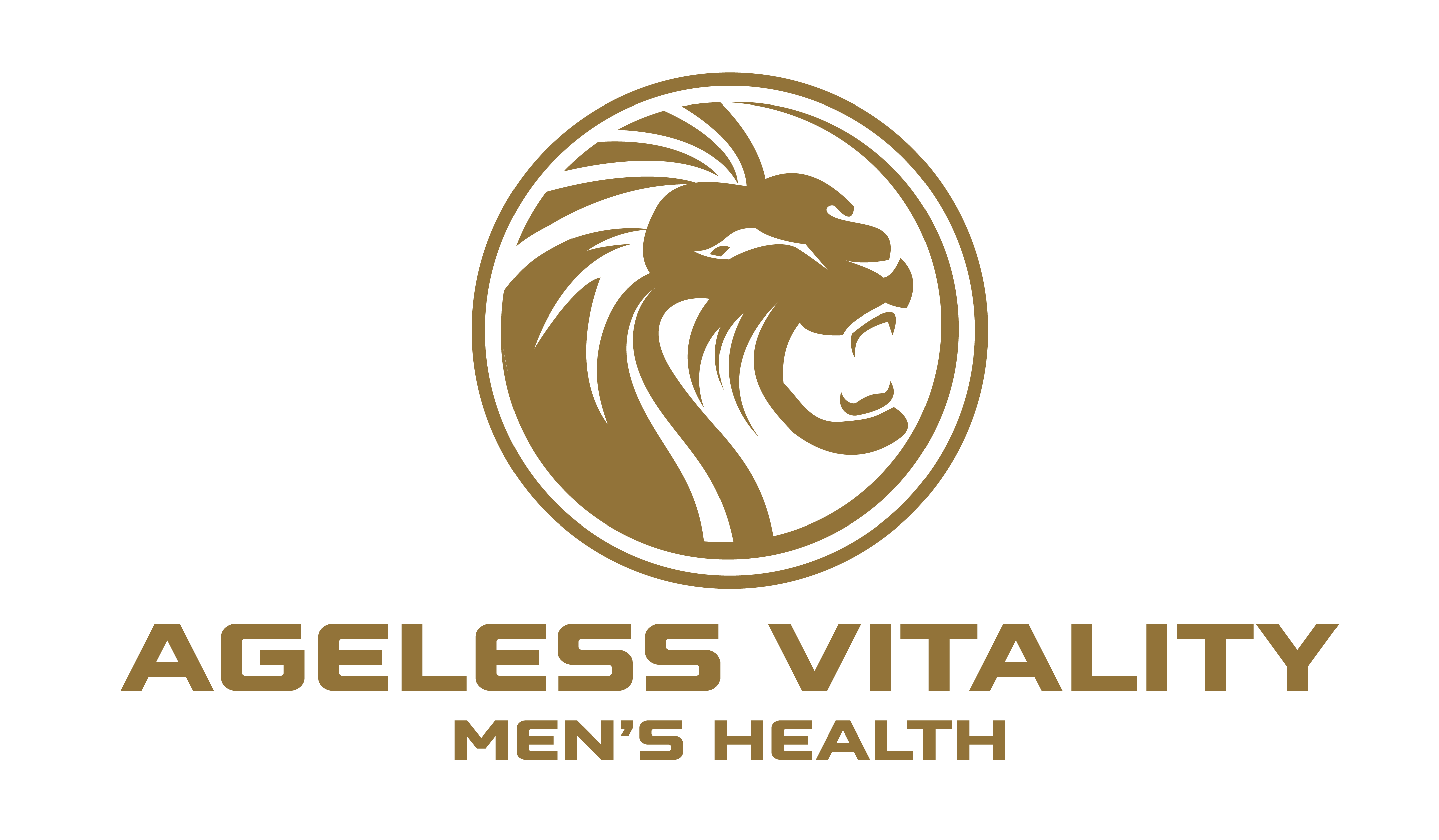Feeling constantly fatigued? Struggling to muster the energy for even simple tasks? While there are many reasons for low energy, one often-overlooked culprit is low testosterone. This isn’t just a concern for older men; low testosterone, or hypogonadism, can affect men of all ages, significantly impacting their daily lives.
Testosterone, the primary male sex hormone, plays a far more significant role than simply driving sexual function. It’s a crucial hormone influencing numerous bodily processes, including:
- Energy production and metabolism: Testosterone helps regulate how your body uses energy, impacting your stamina and overall vitality. Low levels can lead to persistent fatigue and a reduced ability to perform physical activities.
- Muscle mass and strength: Testosterone stimulates muscle growth and strength. Low testosterone can result in muscle loss, weakness, and decreased physical performance, further contributing to feelings of exhaustion.
- Red blood cell production: Testosterone plays a role in the production of red blood cells, which carry oxygen throughout the body. Low levels can lead to anemia, resulting in fatigue and shortness of breath.
- Mental clarity and mood: While often associated with libido, testosterone also impacts cognitive function and mood. Low levels can contribute to brain fog, decreased concentration, irritability, and even depression – all of which can exacerbate feelings of low energy.
The Link Between Low T and Fatigue
The connection between low testosterone and fatigue isn’t always straightforward. Fatigue is a symptom of many conditions, and low testosterone often coexists with other health issues. However, if you’re experiencing persistent fatigue alongside other symptoms like:
- Decreased libido
- Erectile dysfunction
- Reduced muscle mass and strength
- Increased body fat
- Loss of bone density
- Mood changes
It’s crucial to consult a healthcare professional to rule out low testosterone as a contributing factor.
Diagnosis and Treatment
Your doctor will likely conduct a blood test to measure your testosterone levels. If low testosterone is confirmed, treatment options might include:
- Testosterone Replacement Therapy (TRT): This involves replacing the missing testosterone through injections, gels, patches, or implants. It’s important to note that TRT should only be undertaken under strict medical supervision due to potential side effects.
- Lifestyle changes: Improving lifestyle factors like diet, exercise, and sleep can also positively impact testosterone levels. Maintaining a healthy weight, engaging in regular physical activity, and prioritizing sleep are crucial for overall health and well-being.

